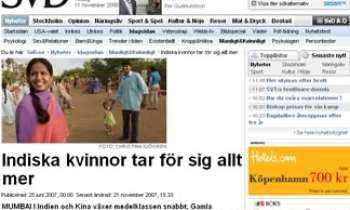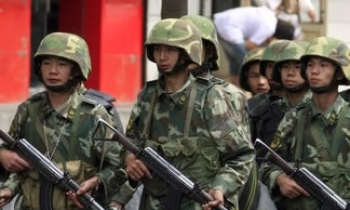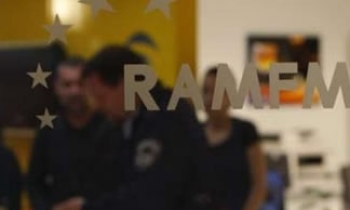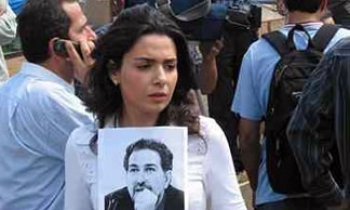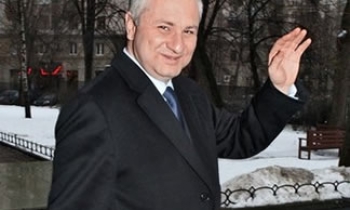Voice of America correspondent Abdulmalik Boboyev, one of Uzbekistan’s few independent journalists, is facing between five and eight years in prison on four charges that Tashkent prosecutors brought against him on September 13, according to Paris-based press freedom group Reporters sans Frontières (RSF).
Three of the charges relate to his work as a journalist: “defamation” (article 130 of the criminal code), “insult” (article 140) and “preparing and disseminating material constituting a threat to public order and security” (article 244-1). The fourth is a trumped-up charge of “illegal entry into the country” (article 223) that exploits a minor incident. No date has been set for a trial but he can no longer leave the country.
Boboyev is one of the country’s last outspoken journalists. The authorities have long had him in their sights and have been harassing him since the start of the year, but he has never stopped providing independent coverage of Uzbek society.
The way authorities waited for the chance “get” him is particularly outrageous. They have seized on the spurious illegal entry charge as a way to silence him. Only international support from journalists, human rights and free speech groups, governments and international bodies is capable of preventing Boboyev from ending up in prison, where he could be mistreated and tortured.
The harassment of Boboyev began in January, when he and four other unruly journalists were summoned by the Tashkent prosecutor’s office for questioning about their work for unauthorised media. After the interrogation, Boboyev left for neighbouring Kazakhstan, where he spent several weeks.
It was only much later, in May, that he realised that the Uzbek border guards had failed to stamp his passport on reentry. He was doing a report on Uzbek citizens lining up at the border in order to enter Kazakhstan in search of work, when immigration officers questioned him and pointed out the lack of a reentry stamp in his passport. Before being released, he had to write an explanation of what had happened and pay a fine for taking photos without permission. His mobile phone and audio recorder were seized.
After that incident, the Tashkent prosecutor’s office lost no time in notifying him that he was the subject of a judicial investigation. Later the same month, when he was about to go abroad again to take part in a conference, he handed in his passport for the addition of blank pages. But instead of being returned to him, the passport was sent to the prosecutor’s office.
Thereafter, matters gained pace and he began being notified of charges linked to his articles, including charges based on expert evaluation by the mass media monitoring centre of the Uzbek Agency for Communication and Information (UzACI).
A supposedly scientific analysis by the UzACI was used to support the prosecution brought against photographer Umida Akhmedova in January in connection with her work showing women and poverty in Uzbekistan. She was accused of slandering and insulting the Uzbek people under articles 139 and 140 of the criminal code, charges that carried a maximum sentence of three years in jail. She was finally amnestied and released after her conviction in February.
A total of 11 journalists are currently detained in Uzbekistan:
- Khayrullo Khamidov - Nawruz
- Dilmurod Sayid - Ezgulik
- Bakhrom Ibragimov - Irmok
- Davron Kabilov - Irmok
- Ravshanbek Vafoev - Irmok
- Abdulaziz Dadakhonov - Irmok
- Botyrbek Eshkuziev - Irmok
- Solidzhon Abdurakhmanov - freelancer
- Jamshid Karimov - freelancer, wrote for the Ferghana.ru and Centrasia.ru websites
- Jusuf Ruzimuradov - Erk
- Mohammed Bekjanov – Erk
RSF is calling for their immediate and unconditional release.

